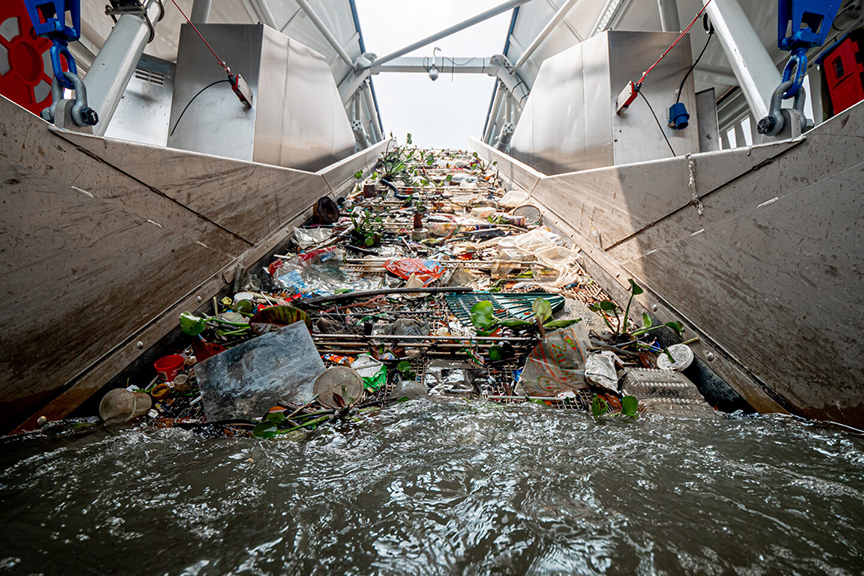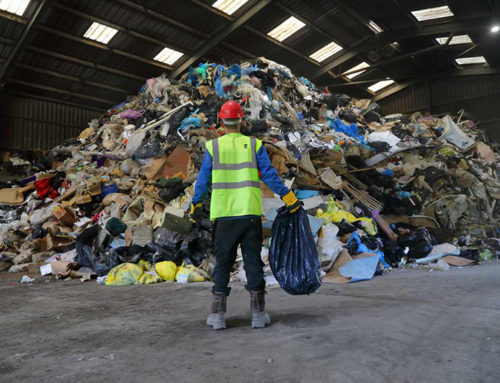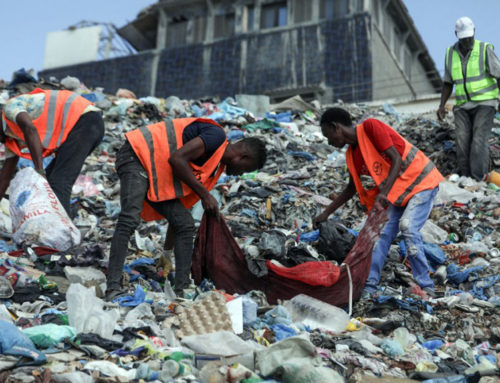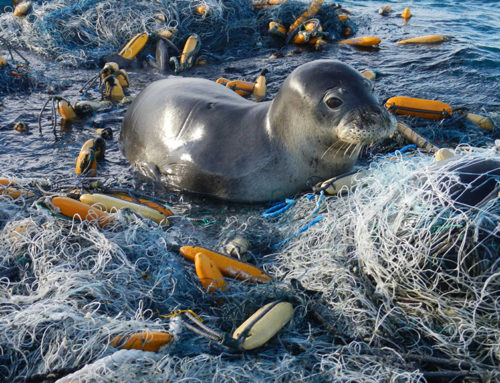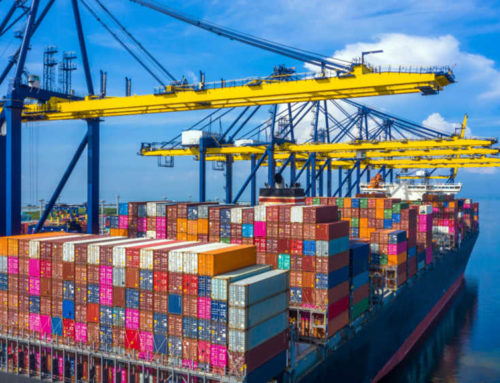As world leaders gear up for the third meeting of the Intergovernmental Negotiating Committee on Plastic Pollution, an international group of scientists is cautioning against over-reliance on plastic removal technologies to combat the plastic pollution crisis. Instead, they emphasize the need to shift our focus towards prevention rather than merely managing the symptoms.
The meeting, scheduled to take place at the UN Environment Programme Headquarters in Nairobi, Kenya, from November 13 to 19, aims to develop a United Nations Treaty on Plastic Pollution—a crucial step toward addressing plastic pollution, especially in marine environments. Among the key themes of the meeting are three side events dedicated to promoting sustainable consumption and production of plastics.
However, a group of scientists argues that the most effective strategy is to reduce the demand for plastics, particularly by curbing the production of virgin plastic materials derived from fossil fuels and moving towards a zero-waste approach.
Dr. Hans Peter Arp of the Norwegian University of Science and Technology emphasizes the importance of discussions focusing on lowering dependence on virgin plastic materials. In a review of research literature published in the journal One Earth, Arp and other experts in plastic pollution caution that the environmental costs of leaving plastic in the ocean should be carefully considered against the full environmental and economic cost of attempting to remove it.
“If the discussions instead focus on creating plastic offset schemes based on plastic removal technologies to offset waste and emissions, the treaty will not be effective at slowing this global crisis,” warns Arp.
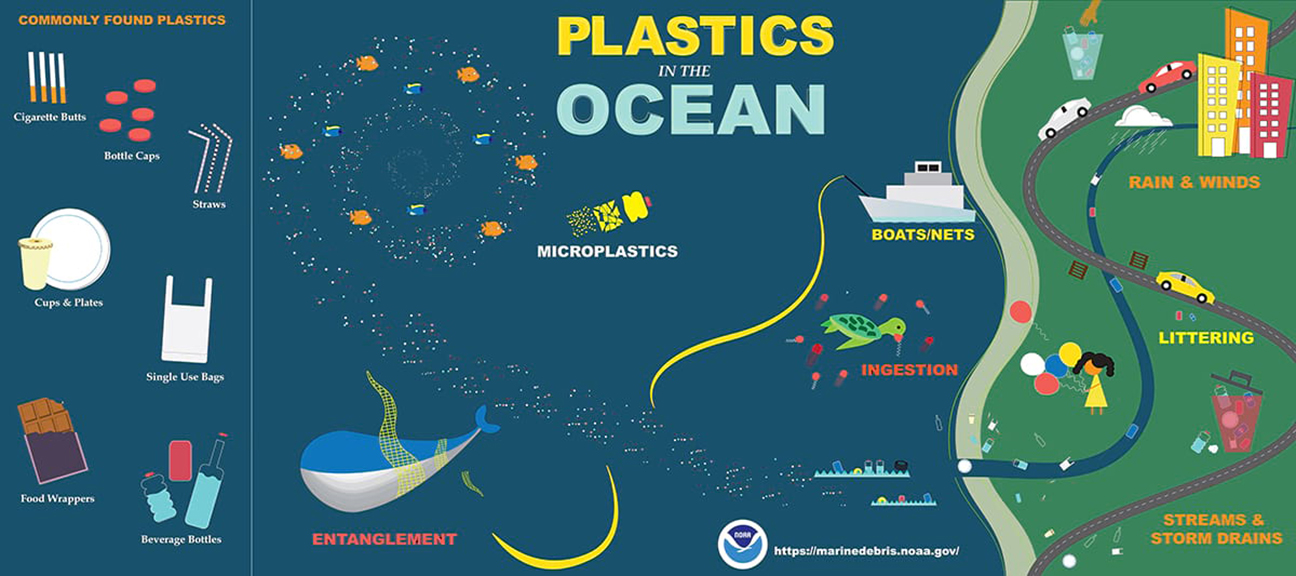
The scientists highlight concerns about the overall impact of plastic removal technologies on the ocean, suggesting that the potential harm may outweigh the benefits. Lead author Dr. Melanie Bergmann of the Alfred Wegener Institute in Germany notes the lack of hard evidence on the net benefits of plastic removal technologies and emphasizes the need to scrutinize these technologies using science-based criteria to prevent regrettable outcomes.
Co-author Dr. Rebecca R Helm of Georgetown University points out that while plastic pollution disrupts normal environmental processes, cleanup technologies can contribute to this disruption. She stresses the need for ecologically safe solutions upstream, as removing plastic once it’s in the environment often leads to further damage.
Without action to curb demand, increase product lifespans, and improve waste management and recyclability, plastic pollution is projected to almost triple by 2060. Professor Richard Thompson from the University of Plymouth, UK, asserts that focusing on cleanup as a solution condemns future generations to continue contaminating the environment. Instead, he advocates for systemic upstream solutions focused on prevention rather than managing symptoms, aligning with the urgent need for a paradigm shift in our approach to plastic pollution.

